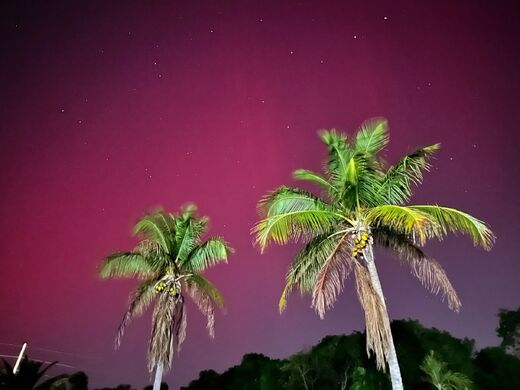
Psychologists at the University of York embarked on the study after realising that for all the work scientists have done on faces, they had never nailed down, even roughly, the number of faces the average human knows. They say it is the first evidence-based estimate of this figure.
Through a series of recall and recognition tests on volunteers, the researchers discovered that the human ability to recognise faces varies enormously. The study found that people know between 1,000 and 10,000 faces of friends, family members, colleagues and celebrities, with most racking up about 5,000.
"We've studied faces for years and years and the main thing we always find is that there's a huge difference between our ability to recognise familiar versus unfamiliar faces. People are surprisingly bad at checking a real face against a photo ID, and yet we recognise friends and colleagues over a huge range of conditions," said Burton.
"The brain is doing something different with familiar and unfamiliar faces and that has been at the heart of our science for a long time. But we realised we were missing something if we didn't know how many familiar faces people do recognise."
The scientists asked volunteers to spend an hour recalling as many faces as they could from their private lives, covering old school friends, work colleagues, past partners and colleagues. They then moved on to famous faces: actors, musicians, sports stars, politicians and so on. By recording how the volunteers' recall rates slowed down, the psychologists estimated when they would run out of faces.
In the next part of the study, the volunteers were shown thousands of photographs of famous people and tested on how many they recognised, even if they could not name the person. The scientists only counted an individual as recognised if the volunteer knew them from two different pictures.
The researchers arrived at the 5,000 figure by combining the results from both parts of the study. While the number may seem high, given that humans evolved in small groups, it may simply reflect the social importance of recognising friends and foes and vast number of faces we are now exposed to. Details of the work are published in Proceedings of the Royal Society B.
"Given the social lives of our ancestors, the ability to recognise thousands of individuals might seem like overkill," said Rob Jenkins, a psychologist at University of York and co-author on the study. "But there are plenty of examples of overkill in nature. The venom of some spiders can kill a horse, even though the spider presumably has no ambitions to eat the horse." Equipped with such impressive facial recognition skills, it may be that we have little choice but to remember so many.
Burton said the research could ultimately improve automatic face recognition technology. Today's best systems are good at spotting "strangers" but cannot outperform a human when it comes to recognising people the person is familiar with. "If we want to make the next step, we'll need to start copying that," said Burton.



Reader Comments